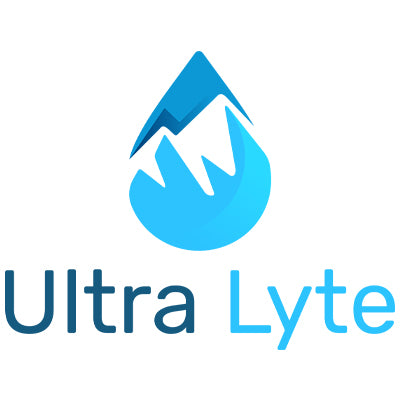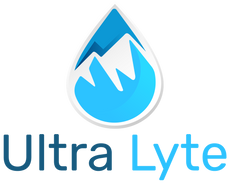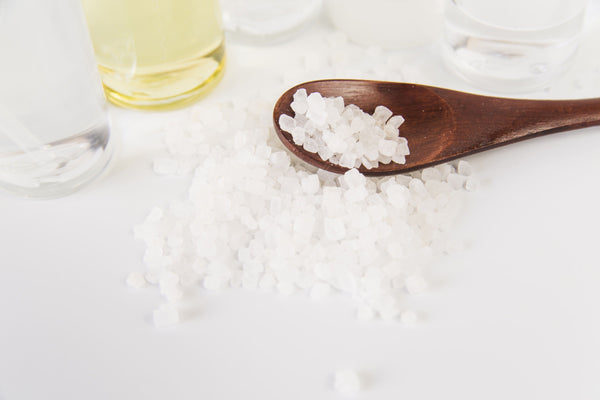
Zinc

Zinc
Zinc is an important trace mineral in the human body vital in various physiological processes. It is involved in immune system maintenance, wound healing, cell division, and the proper functioning of enzymes. Its deficiency in your body can lead to impaired growth, weakened immune response, and other health issues. Your body does not naturally produce zinc, so you must acquire it through diet or supplementation.
Read on to discover how zinc is beneficial to your body.
Ensures a Healthy Immune System
Your overall health depends largely on your immune system. Zinc strengthens your immune system by supporting immune cell function and cell signaling. It also accelerates the activity of white blood cells, the body's primary defense against various infections, thereby strengthening the immune system. A review of different studies showed that taking 80–92mg of zinc per day may cut the time of a cold or flu by up to 33%1.
Boosts Antioxidants
Zinc also plays an important role as a cofactor for several antioxidant enzymes. These enzymes fight oxidative stress, which has been linked to the development of chronic illnesses and aging. It helps combat cellular damage and reduces the possibility of cardiovascular disease and cancer by strengthening the body's antioxidant defense mechanisms2.
Improves Skin Health and Wound Healing
Zinc has a wonderful impact on skin health and wound healing. The mineral helps maintain the skin's structural integrity and aids in manufacturing collagen, a protein for wound healing. Zinc speeds up the healing process by stimulating cell proliferation and tissue regeneration, making it an essential component of skin health. Furthermore, its sebum-regulating characteristics make it an effective acne treatment and skin care product. It effectively treats burns, ulcers, and other skin injuries. In a study of foot ulcer patients, an intake of 50mg of zinc daily reduced ulcer size more than those who took a placebo3.
Improves Brain Function
Zinc significantly influences your brain health, especially in older age. It plays a crucial role in neurogenesis, forming new neurons vital for learning and memory. A study indicates that zinc supplementation effectively enhances brain power and reduces the risk of memory loss in older age4.
Enhances Growth and Development
When it comes to growing up and getting older, zinc plays a starring role, especially during childhood and adolescence. It is vital for the growth spurts that characterize these developmental stages since it is involved in cellular division and growth. Furthermore, zinc has an impact on prenatal health, where it helps to prevent developmental disorders5.
Food Sources
Zinc-rich foods include meats like beef and poultry, seafood such as oysters, legumes like beans, nuts like pumpkin seeds, and dairy products. Whole grains, eggs, and fortified foods like cereals also provide zinc6.
Recommended dosage
The recommended daily allowance (RDA) of zinc intake varies based on different age groups6:
- Infants (7-12 months): 3mg
- Children (1-3 years): 3mg
- Children (4-8 years): 5mg
- Kids (9-13 years): 8mg
- Teens (14-18 years): Males 11mg, Females 9-12mg
- Adults (19+ years): Males 11mg, Females 8-12mg
Zinc is a vital mineral that impacts various aspects of human health. It's essential for immunity, wound healing, skin health, brain function, and growth. Since your bodies don't make zinc naturally, getting it from your diet or supplements is important. Including zinc-rich foods according to recommended amounts ensures everyone can enjoy its wide-ranging benefits for overall health.






